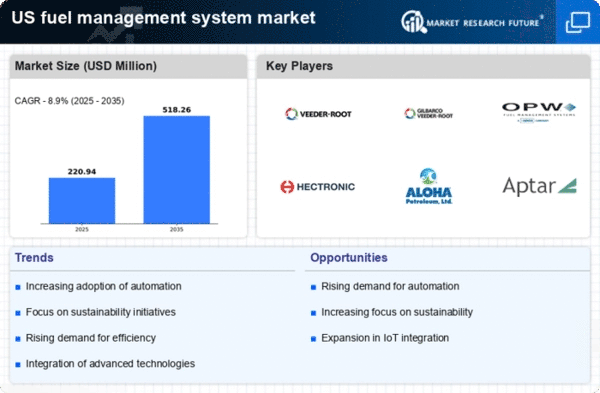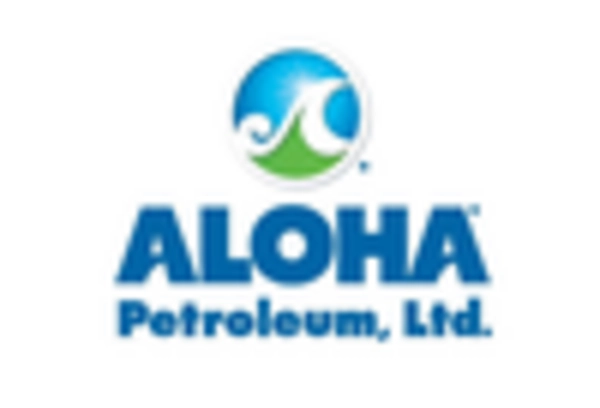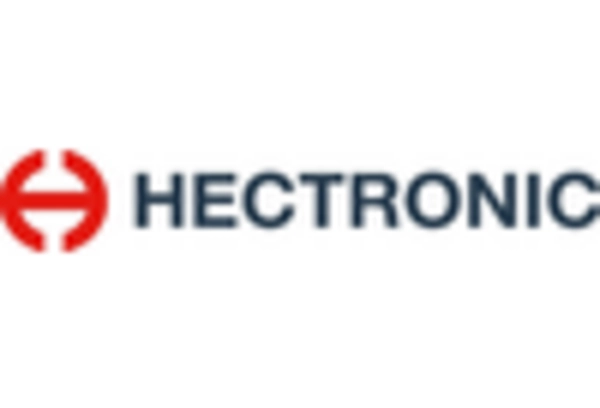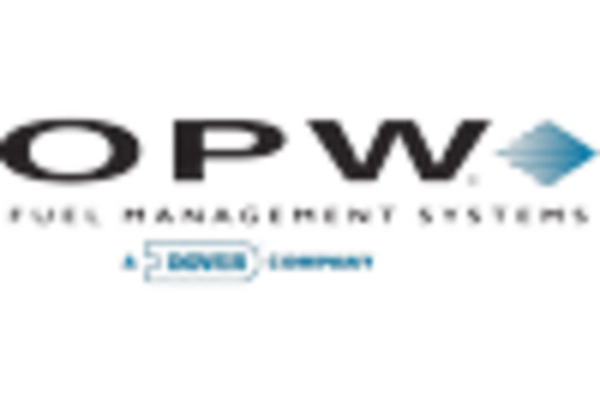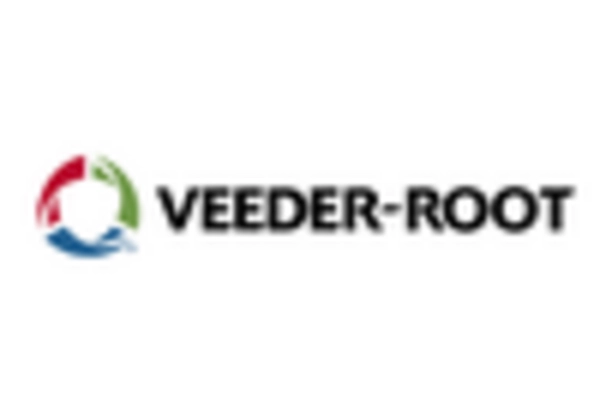Rising Fuel Prices
The fuel management-system market is experiencing a notable surge due to the rising fuel prices in the US. As fuel costs continue to escalate, businesses are increasingly seeking efficient solutions to monitor and manage fuel consumption. This trend is particularly evident in sectors such as transportation and logistics, where fuel expenses constitute a significant portion of operational costs. According to recent data, fuel prices have risen by approximately 20% over the past year, prompting companies to invest in fuel management systems to optimize usage and reduce wastage. The fuel management-system market is thus positioned to grow as organizations strive to mitigate the financial impact of fluctuating fuel prices.
Regulatory Compliance
The fuel management-system market is significantly influenced by the stringent regulatory environment in the US. Government regulations aimed at reducing emissions and promoting fuel efficiency compel organizations to adopt advanced fuel management solutions. Compliance with these regulations not only helps in avoiding hefty fines but also enhances corporate responsibility. For instance, the Environmental Protection Agency (EPA) has set forth guidelines that necessitate accurate tracking of fuel usage and emissions. As a result, businesses are increasingly investing in fuel management systems to ensure adherence to these regulations, thereby driving growth in the market. The need for compliance is likely to remain a key driver in the fuel management-system market.
Focus on Operational Efficiency
The fuel management system market is increasingly driven by the focus on operational efficiency among businesses in the US. Companies are recognizing that effective fuel management can lead to substantial cost savings and improved productivity. By implementing fuel management systems, organizations can streamline their fuel procurement processes, monitor consumption, and reduce waste. This focus on efficiency is underscored by the fact that businesses can save up to 15% on fuel costs through optimized management practices. As operational efficiency remains a priority for organizations, the fuel management-system market is expected to grow as companies seek to enhance their fuel management strategies.
Integration of IoT Technologies
The fuel management system market is witnessing a transformative shift with the integration of Internet of Things (IoT) technologies. IoT-enabled fuel management systems offer real-time monitoring and data analytics, allowing businesses to track fuel usage and identify inefficiencies. This technological advancement is particularly appealing to industries that rely heavily on fuel, such as transportation and construction. The ability to access real-time data can lead to more informed decision-making and improved operational efficiency. As IoT adoption continues to rise, the fuel management-system market is likely to expand, driven by the demand for smarter, more connected solutions that enhance fuel management practices.
Increased Fleet Management Needs
The fuel management-system market is benefiting from the growing demand for effective fleet management solutions in the US. As businesses expand their operations, the need to manage larger fleets efficiently becomes paramount. Fuel management systems provide critical insights into fuel consumption patterns, enabling companies to optimize routes and reduce fuel expenses. Recent statistics indicate that the fleet management sector is projected to grow at a CAGR of 10% over the next five years, further propelling the demand for fuel management systems. This trend suggests that organizations are increasingly recognizing the value of integrating fuel management solutions into their fleet operations, thereby enhancing overall efficiency.


